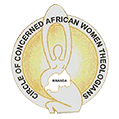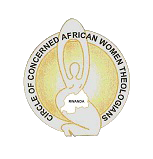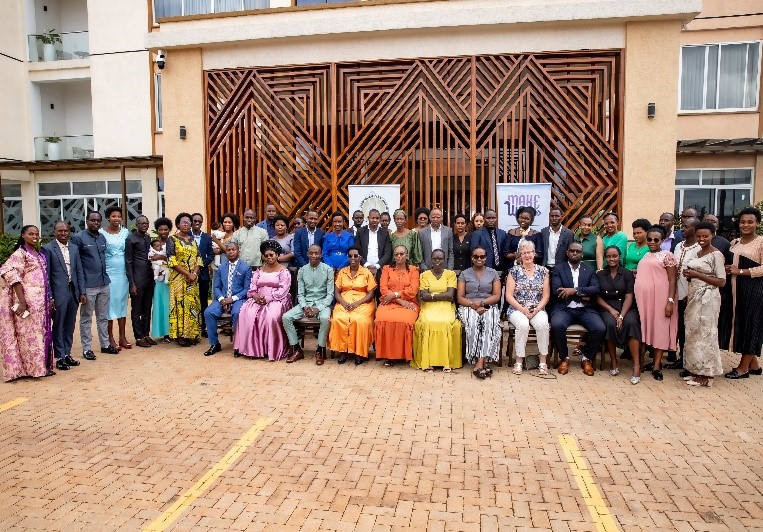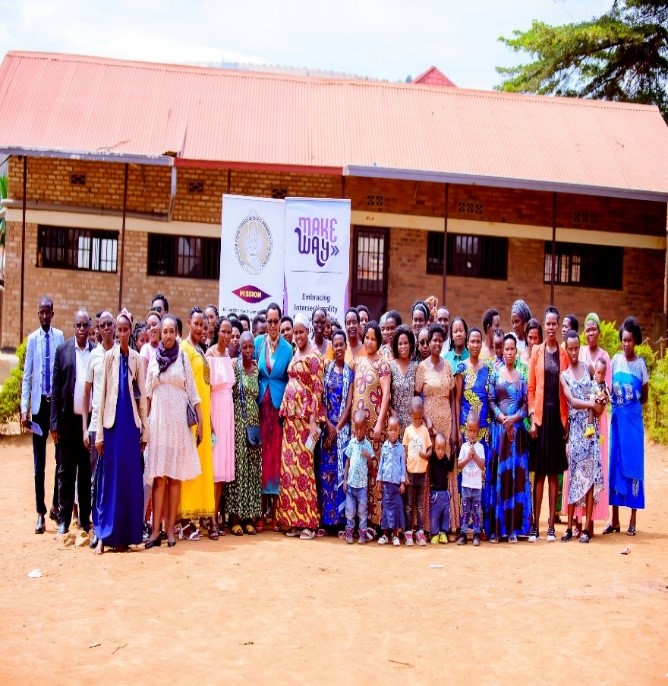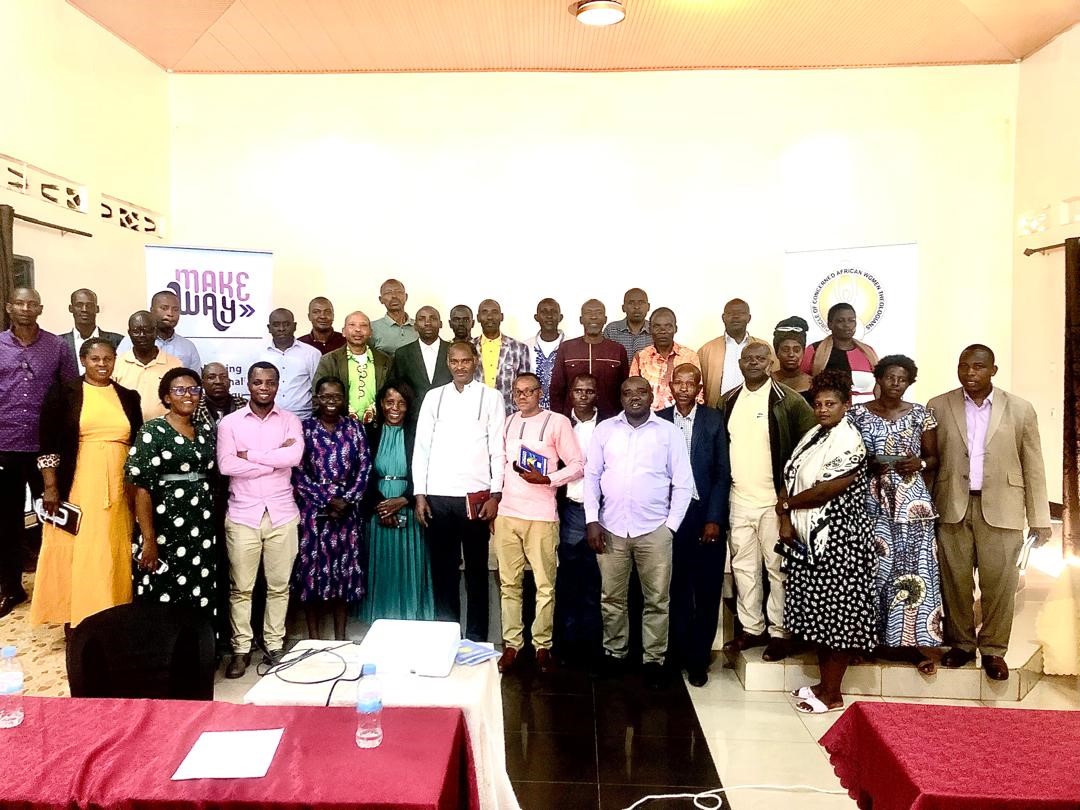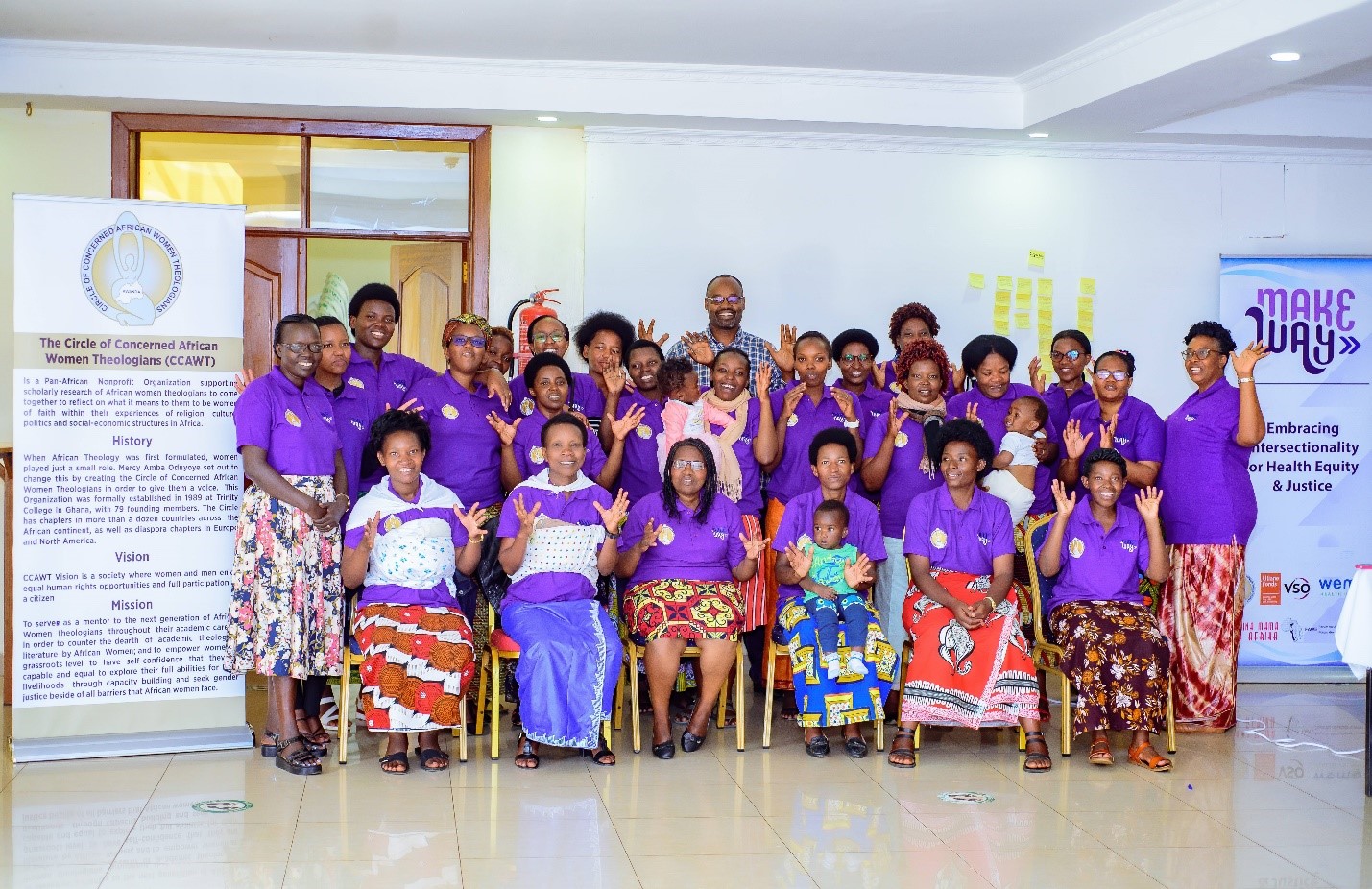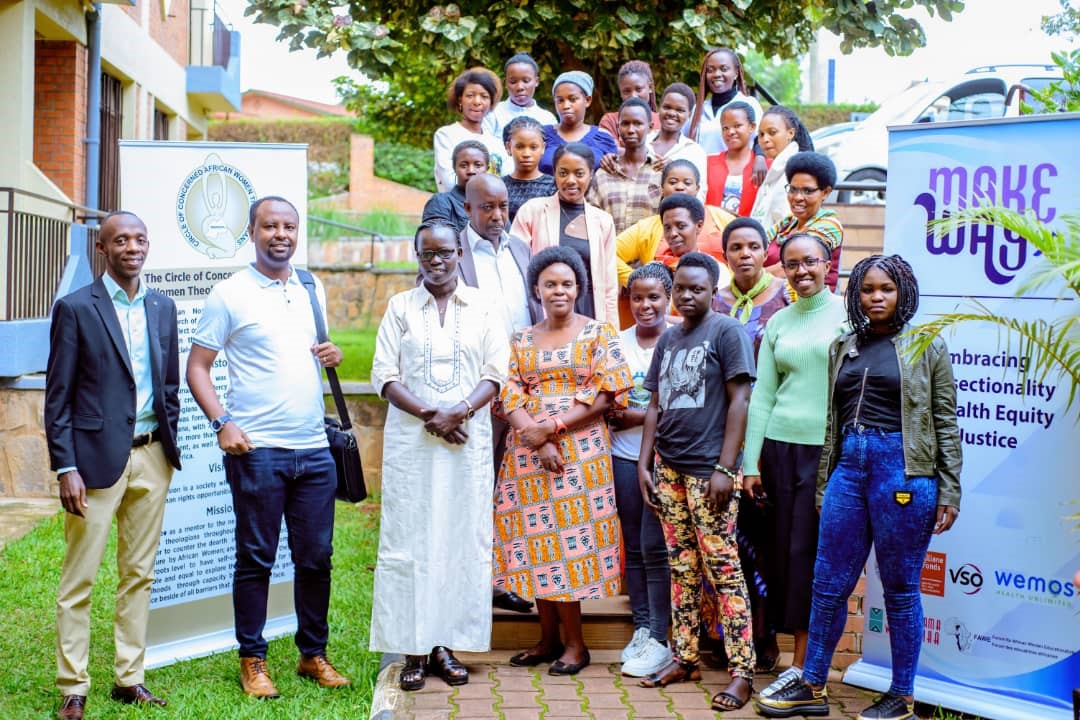- circlerwanda@gmail.com
- KK 698 St, Kigali
Religious Leaders' Solutions to the Issue of Teenage Pregnancies in Rwanda
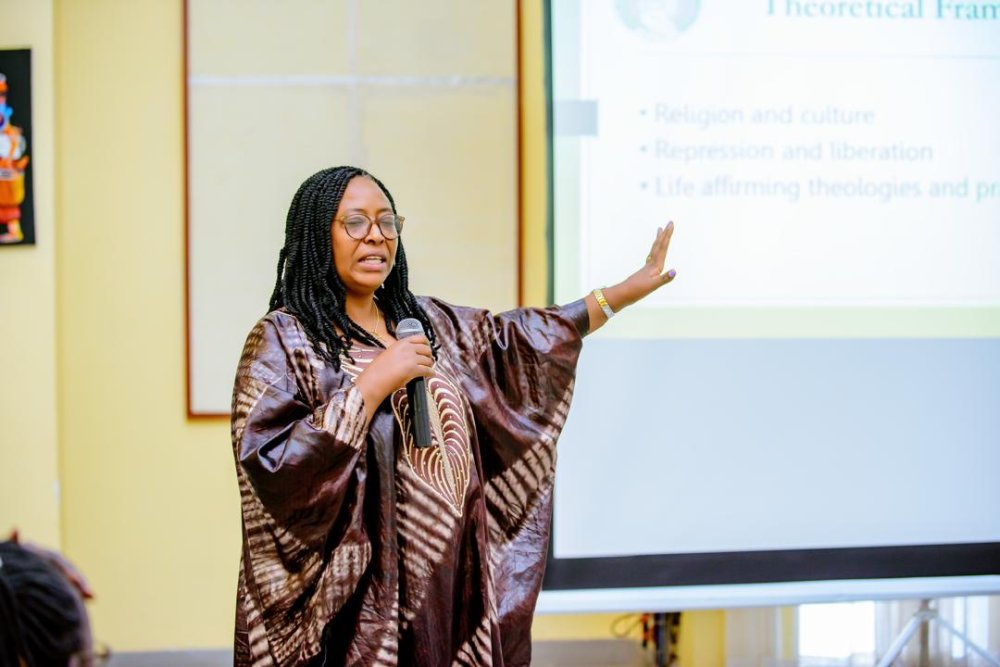
Religious Leaders' Solutions to the Issue of Teenage Pregnancies in Rwanda
Religious leaders and organizations have been urged to revise their teachings, particularly regarding reproductive health education for the youth. The lack of such education negatively impacts families and the entire nation.
This was emphasized on Wednesday during discussions that brought together religious leaders and the organization The Circle of Concerned African Women Theologians in Rwanda. The discussions aimed to identify ways to reduce the number of unintended teenage pregnancies.
The 2022 national census showed that 92% of Rwandans identify with a religion, mostly Christian denominations. Despite this, around 20,000 teenage girls in Rwanda become pregnant unexpectedly each year.
Rev. Dr. Nagaju Muke, the leader of The Circle of Concerned African Women Theologians in Rwanda, stated that many teenagers get pregnant because they lack adequate information about reproductive health.
Although parents and schools have a primary role in educating children, Dr. Nagaju, a theology lecturer at a university, emphasized that religious institutions also have significant responsibility. However, many of them avoid addressing the issue, claiming it contradicts God’s teachings.
She said:
“A lack of sufficient information on reproductive health leads some youth into problems like unintended pregnancies, and the numbers are rising. We see that religious leaders can play a big role in awareness campaigns.”
She continued:
“Research has shown that many young people lack knowledge about reproductive health. Even those who do have the information say they learned it elsewhere, not in church. Many religious leaders claim the issue does not concern them or that it’s someone else’s responsibility.”
Stephanie Mukansanga, representing Zion Temple Celebration Centre, described teenage pregnancies as a deeply troubling issue for Rwandan society, churches, and the global community.
She explained that when they find out a girl has become pregnant, they don’t abandon her. Instead, they approach her, provide counseling, and offer support.
She added:
“We talk to the girl and her parents, helping them access services at the One Stop Centre, which supports victims of violence. Additionally, we avoid stigmatizing the child by excluding her from the church.”
Dr. Gahungu Bunini, representing the Alliance Evangelique, a coalition of 135 churches, emphasized that churches should address teenage pregnancies by considering both the pregnant girl and the church’s policies. He stressed resolving the issue fairly.
He stated:
“The first step is to ensure the child who has been victimized is cared for while respecting church guidelines. Sometimes, such behavior becomes habitual, creating challenges for the church in managing children.”
He continued:
“The primary strategy should be teaching God’s Word, instilling respect and fear of God. Secondly, parents should dedicate time to their children and prevent them from spending excessive time on social media.”
One participant from Kigali, who was raped at age 16, shared the pain she endured due to a lack of reproductive health information.
She explained that one of her parents initially struggled to understand, questioning why she hadn’t resisted her attacker and implying she was partly to blame.
She said:
“I experienced psychological trauma, felt constantly withdrawn, and believed I had no worth. I couldn’t even share my experience with friends because my family had abandoned me. I urge the Rwandan government to introduce reproductive health education in all schools.”
Joel Serucaca, head of the family planning program at the Rwanda Biomedical Centre (RBC), said that while religious institutions may lack expertise in reproductive health, they can collaborate with health professionals to educate the youth.
He noted:
“Addressing this issue requires campaigns that emphasize its seriousness rather than treating it as ordinary. A healthy spirit resides in a healthy body.”
Serucaca added that if religious organizations actively commit to reducing teenage pregnancies, it is achievable, as they are closer to the youth than anyone else.
 Rev. Dr. Nagaju Muke, the leader of The Circle of Concerned African Women Theologians in Rwanda, stated that most of the young people who become pregnant do so because they are not provided with adequate information on sexual and reproductive health.
Rev. Dr. Nagaju Muke, the leader of The Circle of Concerned African Women Theologians in Rwanda, stated that most of the young people who become pregnant do so because they are not provided with adequate information on sexual and reproductive health.
 Serucaca Joel, the director of the family planning program at the Rwanda Biomedical Center (RBC), stated that even though religious institutions may not have expertise in sexual and reproductive health, they should seek out health professionals to deliver information to the youth.
Serucaca Joel, the director of the family planning program at the Rwanda Biomedical Center (RBC), stated that even though religious institutions may not have expertise in sexual and reproductive health, they should seek out health professionals to deliver information to the youth.
 It was highlighted that religious institutions do a lot to help reduce the number of teenage pregnancies.
It was highlighted that religious institutions do a lot to help reduce the number of teenage pregnancies.


 Religious leaders highlighted that where they lack knowledge on sexual and reproductive health, they can consult experts to educate the youth.
Religious leaders highlighted that where they lack knowledge on sexual and reproductive health, they can consult experts to educate the youth.




Read more for the following attached file
Open PDF
